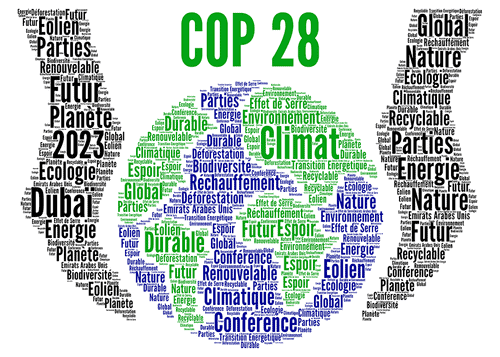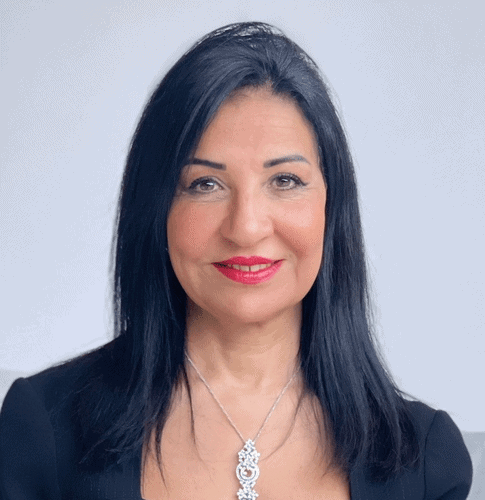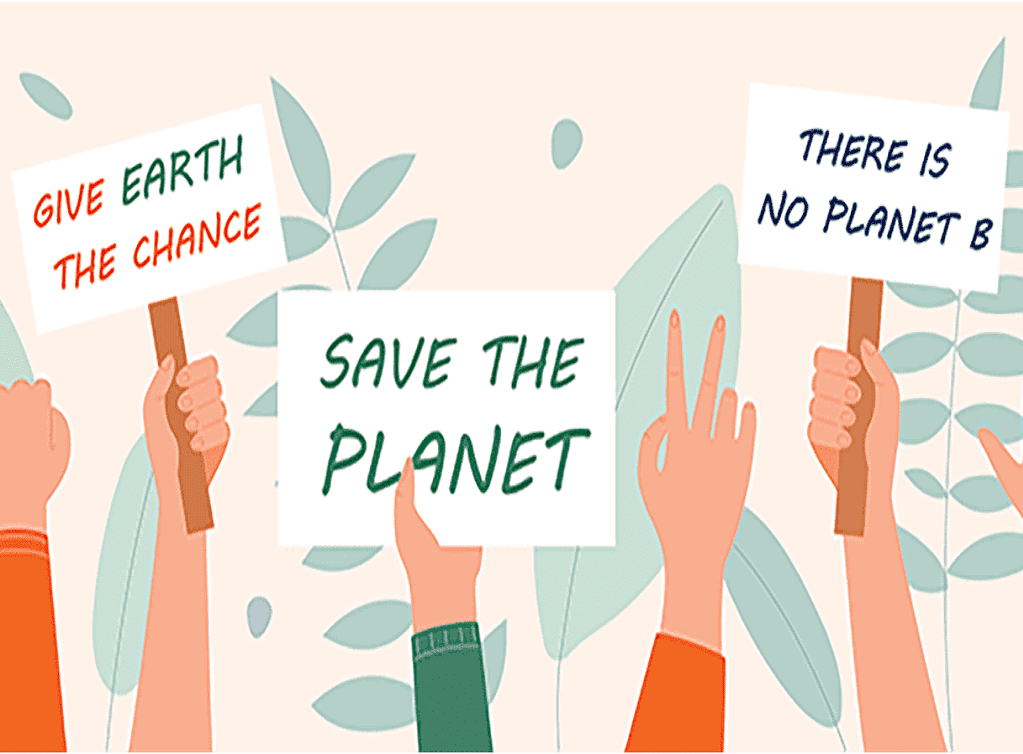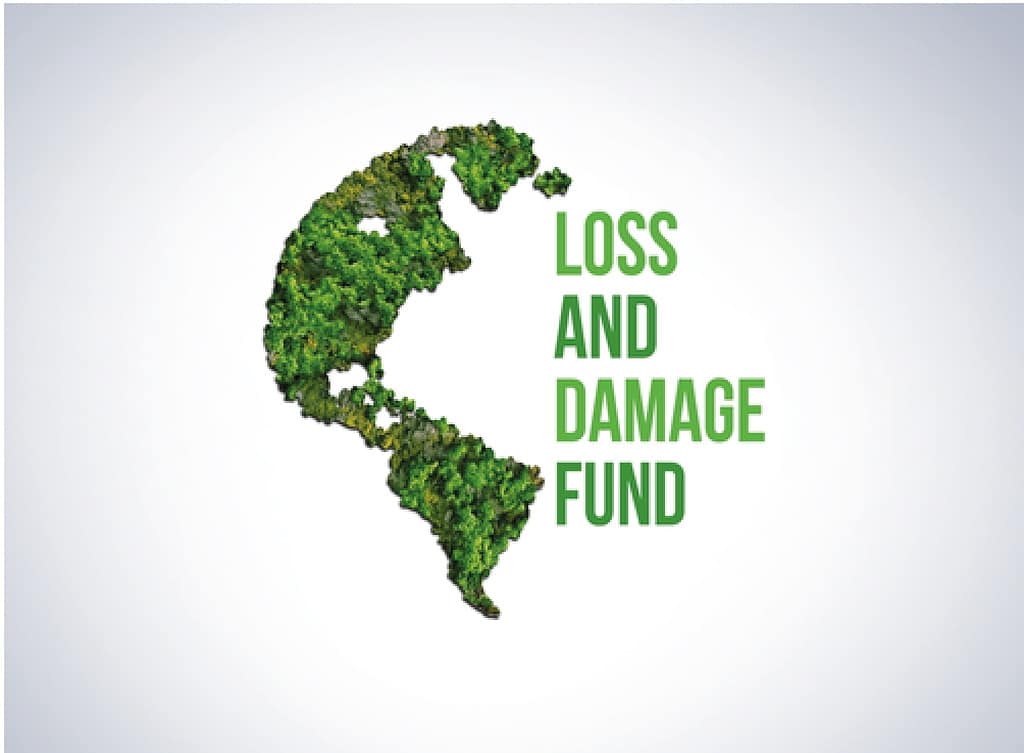On 30 November, the 2023 UN Climate Change Conference begins in Dubai. With COP28 taking place in the United Arab Emirates, just one year after COP27 in Egypt, the concerns of developing economies will be at the forefront of the global climate agenda.

With the Race to Zero well underway, COP28 will serve as the impetus to increase momentum on the significant advances made at COP27. And with the conference returning to the Middle East and North Africa (MENA) region for the second year running, it will showcase the region’s climate concerns and the important role MENA states, institutions and people will play in achieving the goal.
The moral imperative
COP27 negotiations resulted in the historic “loss and damage” agreement acknowledging the need for financial assistance to help vulnerable nations cope with damage caused by climate change.
“Although climate change has risen in importance on the global agenda, the world is still off track for reaching 1.5 degrees, leaving developing countries, including Africa and MENA, at a critical juncture. The problem with the climate crisis is that it is politicized and excessively loaded with narrow arguments driven by national interests. We need to frame the business case and the growth opportunities of climate change to ratchet up the desired momentum to transform our systems.”

Chief Sustainability Officer at Commercial International Bank (CIB) Egypt
“Thus, along with the commitments of the COP27 Presidency and the upcoming COP28 Presidency to advance climate justice, there is an urgency to frame and drive a new role on the part of Financial Institutions in both MENA and Africa that complements delegates’ efforts,” commented Dr. Dalia A. Kader, Chief Sustainability Officer at Commercial International Bank (CIB) Egypt. She added: “Innovating in climate mitigation and adaptation projects presents a strong business case that, if adequately framed, could jump-start a new dynamism, mobilizing trillions of private finance into developing countries. Our experience with the Green Bond well demonstrated the opportunity side of climate change.”
This is not merely a moral obligation on the part of developed countries that owe their prosperity to the despoliation of the planet. It is vital to enabling developing nations to achieve the success they deserve, while safeguarding the ecosystem and ensuring future economic growth for all.
According to OECD figures, climate action funds provided annually for developing nations by developed nations are still short of the US$100 billion annual target agreed at COP15 in Copenhagen in 2009 and reiterated at COP21 in Paris.1 In 2020, these funds reached US$83.3 billion, the highest amount per year since 2013.
COP28 presents an opportunity to address that situation. “Capital and finance are among the most important enablers of climate action and sustainable economic development, but not enough is getting to the people and places that need it most,” said COP 28 President-Designate Dr Sultan Al Jaber. “For vulnerable communities, across the global south, climate finance is nowhere near available, affordable, or accessible enough.”2
Fighting to reduce emissions
Climate injustice is not the only issue on the table. At COP27, a commitment was made to take serious measures needed to hold global warming to a maximum of 1.5 degrees Celsius. Achieving this aim will require emissions of greenhouse gases to peak in 2025. With emissions continuing to rise by one per cent in 2022, time is running short.
To see where we stand on this timeline, COP28 will hold the first Global Stocktake (GST) of the Paris Agreement. This vital assessment of the world’s progress towards its climate goals will show how far we still have to go and orient future climate action. The GST comes as the world reaches the midpoint in implementing the UN’s 2030 Agenda for Sustainable Development. The project seeks to achieve sustainable development through eradicating poverty.
Climate leadership beyond nation states
The conference will also emphasise the part that non-state actors can play in resolving issues around implementing change. Cities, regions, local authorities and initiatives like Youth Climate Champions can all play a significant part in helping us win the Race to Zero.
The crucial role of the MENA region in climate action cannot be underestimated. From a financial point of view, the region’s institutions are at the forefront of developing novel ways to improve funding for climate action. Beyond that, the region is harnessing the potential of its younger population to accelerate the pace of change.
Time to act
Crucially, the world needs the annual United Nations Climate Change Conferences to be more than talks. Decisive action is needed now as time runs out. COP28 has the potential to turn words into deeds and set the world on course to a sustainable, prosperous and just future.
1. https://www.oecd.org/climate-change/finance-usd-100-billion-goal/
Sponsored by:

RACE TO ZERO PARTNER SERIES






